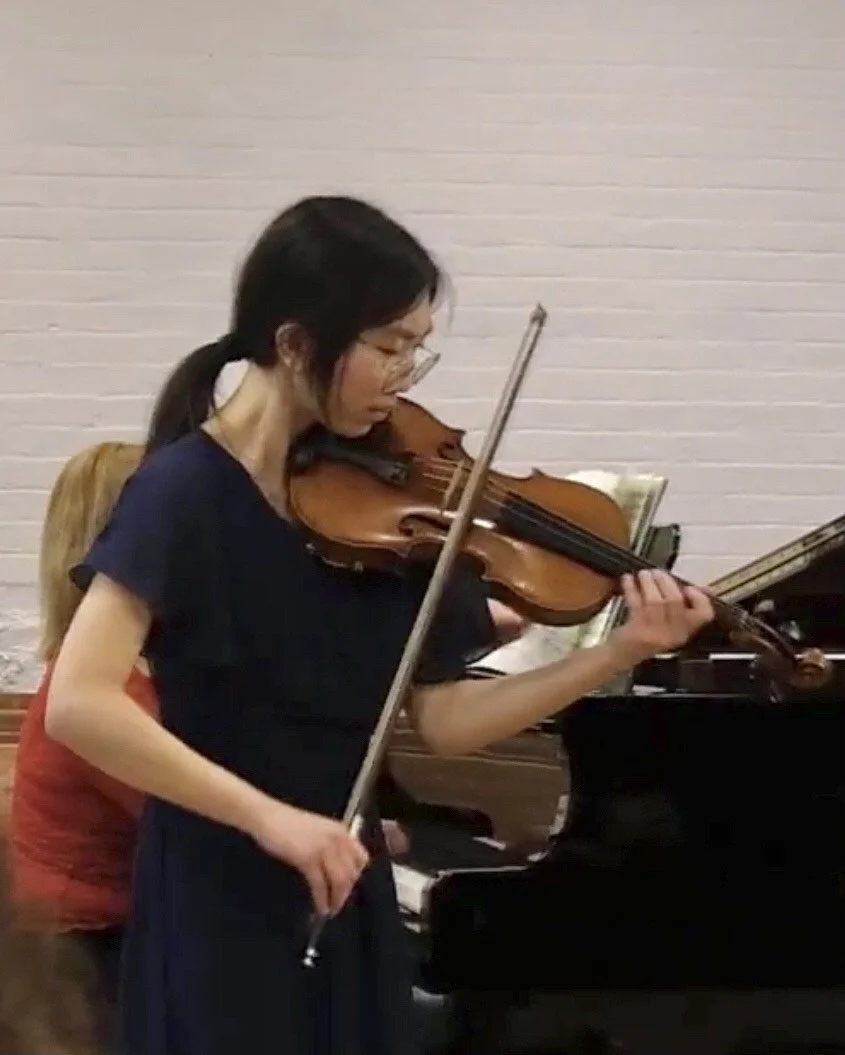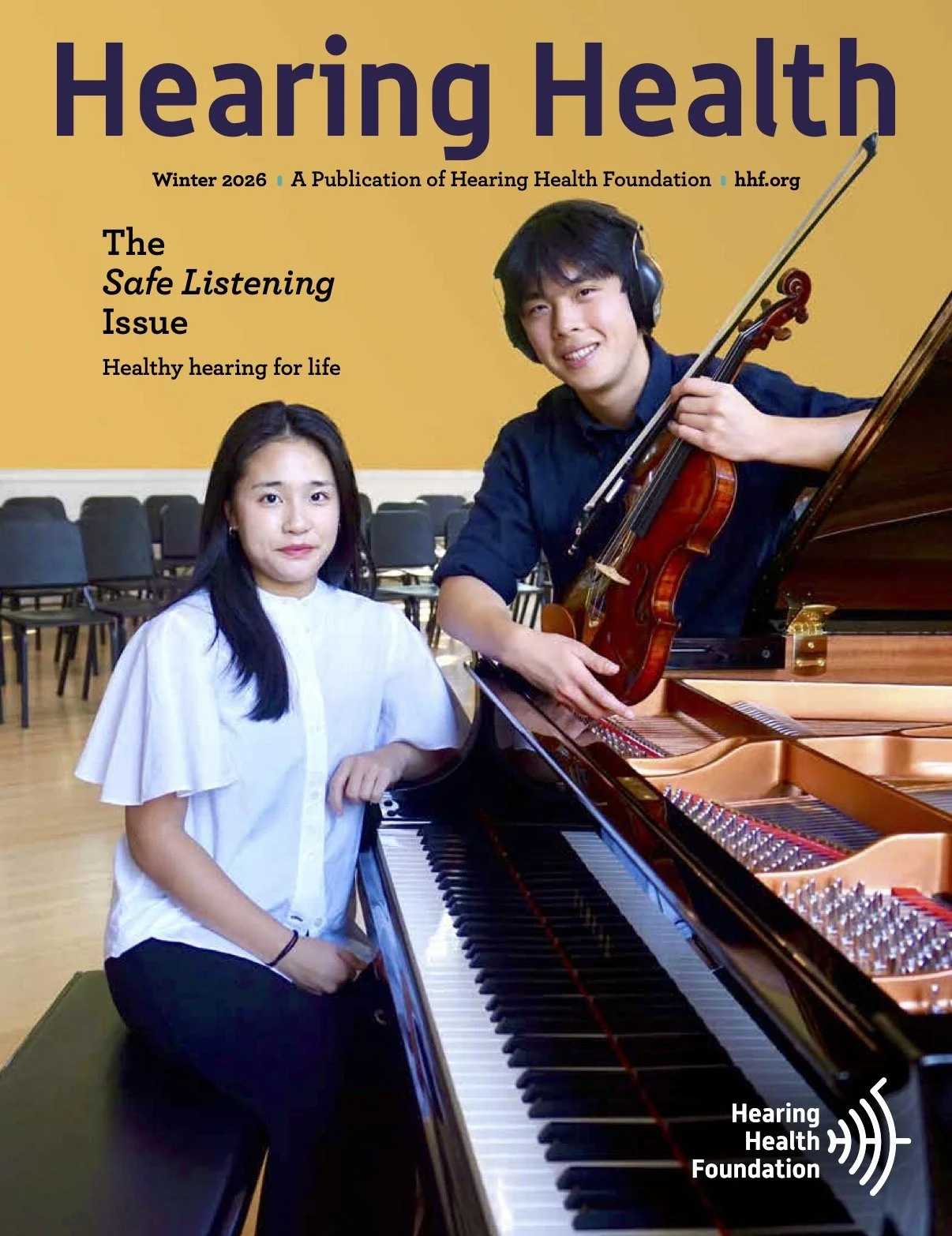By Joe Mussomeli
Interviewing an expert to learn more about a particular subject is fascinating and fun. Talking to someone accomplished and learning about them and their experiences is exhilarating. But if you have a hearing loss, this can be a stressful endeavor.
My brother Alex was born with profound hearing loss, and for most of his life, he has worn a hearing aid and a cochlear implant. Over the years, he has battled noisy environments and intricate speech patterns. He has struggled, yet he has triumphed.
Alex was recently required to interview a college professor as part of his participation in a national history competition through his school. Information gleaned from the interview was to be applied to his website project for the contest. Alex was nervous. Most 16-year-olds have little idea how to conduct an interview, as this process has a bit of a learning curve. However, Alex knew he faced an additional barrier: struggling to hear his interviewee properly.
Alex experienced tremendous anxiety about a project that would require simultaneous listening and note-taking until his brother, Joe, proposed a solution.
Alex came to me, his face filled with worry. Sensing his discomfort, I asked him what was wrong. My brother quickly gave in and told me about his circumstances and how he dreaded that he wouldn’t be able to hear what his interviewee was saying clearly. The interview was to take place by phone, meaning that Alex would need to listen and take notes at the same time. Given the auditory fatigue that Alex faces and the strain of listening and understanding words clearly, it is difficult for Alex to listen to someone and take notes on what they are saying simultaneously.
Immediately I proposed a solution to his dilemma. I would sit in his room with him during the interview and transcribe everything the interviewee said.
Alex smiled and told me that my plan might work.
The two of us quickly set our plan in motion. Alex prepared his questions for the professor, and I got my laptop ready for the big day, ready to type away.
When the day finally came, it was a smooth process. Alex asked the professor his questions, and I typed the responses. I grinned and felt confident as I typed along.
“We nailed this!”I thought to myself.
But when I looked towards my brother at his desk, a look of confusion was planted on his face. While I could easily hear and transcribe everything the professor was saying, for Alex it was a struggle. There were some words he wasn’t able to pick up at first, and had to ask the professor to repeat himself.
Internally I wondered, “Would it always be this hard for Alex?”
The interview ended and we had all of the information, but Alex wasn’t satisfied. He told me after that he wished he didn’t need someone to transcribe the interview. He hoped that it would be him one day and only him typing notes for his interviews.
A silence grew between us as a solemn mood filled the air.
I decided to break it.
“I think it can just be you typing away, Alex. One day, at least,” I said.
He looked at me with a quizzical expression and said one word: “How?”
“By practicing,” I replied.
He studied my face for a second, and then he nodded in agreement.
Once more, Alex and I formed a plan. But this one wasn’t for transcribing or preparing for an interview. It was to practice for future ones. For the past few weeks, I have called my brother on the phone every day, and we’ve held our own “mock interviews.”
Alex misses a few words I say during this process, but he’s improving every day. He believes that one day, he’ll be able to conduct his interviews without any transcription. Sure, Alex has a long way to go, but I’ve seen my brother overcome immense obstacles. So, I believe, with his determination, he can easily overcome one more.
Joe Mussomeli is a high school student from Connecticut. His younger brother, Alex, was featured in Hearing Health magazine’s Summer 2015 issue.






As the first known Black author to publish a 10-book children’s series centered on deaf, hard of hearing, and disabled heroes, I’ve created what I once longed for: stories where children see themselves as powerful.